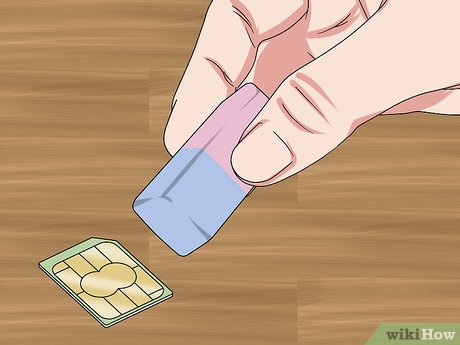How to Take Care of Puppies

Being a pet parent to a new puppy is an exciting and rewarding experience. Puppies are bundles of joy, energy, and curiosity. However, this journey also comes with its own set of responsibilities. If you are a first-time puppy owner or just need a refresher, this article is for you! We will provide essential information about how to take care of puppies and set them up for a happy and healthy life.
1.Appropriate Nutrition
Feeding your puppy the right diet is crucial for their overall well-being and development. Choose high-quality, age-appropriate commercial puppy food that meets the nutritional requirements suitable for their breed size and growth rate. Food should be given according to the puppy’s age and weight, following the manufacturer’s feeding guidelines. Always consult with your veterinarian about any specific dietary needs or concerns.
2.Regular Veterinary Visits
To ensure your puppy grows up healthy, schedule regular check-ups with your veterinarian. Initially, vet visits usually involve vaccination series, deworming treatments, and setting up a preventive healthcare plan. Make sure to keep track of your puppy’s vaccination schedule as it is vital for preventing various diseases. Your vet will also recommend neutering or spaying at an appropriate age.
3.Socialization
A well-socialized dog is not only a happier one but also has lower chances of behavioral problems later in life. Start socializing your puppy from an early age – around three weeks until about 14-16 weeks old is considered the most crucial window for socialization. Gradually introduce them to new environments, sounds, people, and other animals in a safe manner.
4.Basic Training
Begin basic obedience training as soon as possible to develop good manners and habits in your puppy. The essential commands include sit, stay, come, lie down, and heel. Positive reinforcement methods are highly recommended for effective training sessions, using praise and treats as rewards. Puppy training classes can also be beneficial for socialization and learning from professional trainers.
5.Exercise and Playtime
Puppies are naturally energetic, and providing them with enough physical activity will keep them fit and happy. The exercise needs may vary based on their breed, size, and age. Incorporate daily walks, playtime, and appropriate toys that cater to their instinctual behaviors like chewing, fetching, or tugging. Mental stimulation is essential too – use puzzle toys or creative games to engage your puppy’s mind.
6.Grooming
Regular grooming is essential for maintaining your puppy’s overall health and appearance. Brush your puppy’s coat to keep it clean and free of tangles. Trim their nails to avoid overgrowth, which can cause discomfort or injury. Bathing should be done sparingly as to not strip away the natural oils of their skin – consult your vet for advice on the appropriate frequency for your puppy’s breed.
7.Safe Environment
Create a secure and comfortable living environment for your puppy at home. Provide them with a cozy bed or crate to sleep in, make sure hazardous objects are out of reach, and create designated areas for feeding and playtime. Puppy-proofing your home can prevent accidents and injuries due to chewing on electrical cords or ingesting poisonous substances.
In conclusion, taking care of puppies requires dedication, patience, and love. By providing adequate nutrition, healthcare, socialization opportunities, exercise, training, grooming, and a safe environment – you will raise a well-balanced and happy canine companion!






